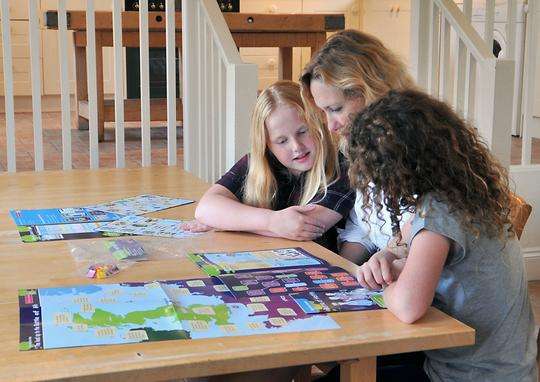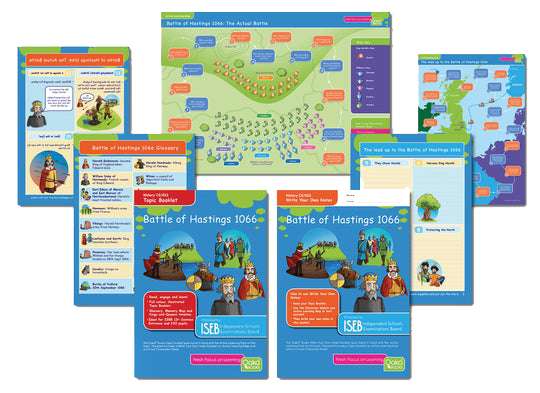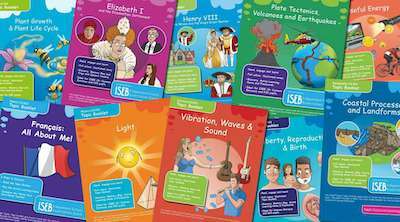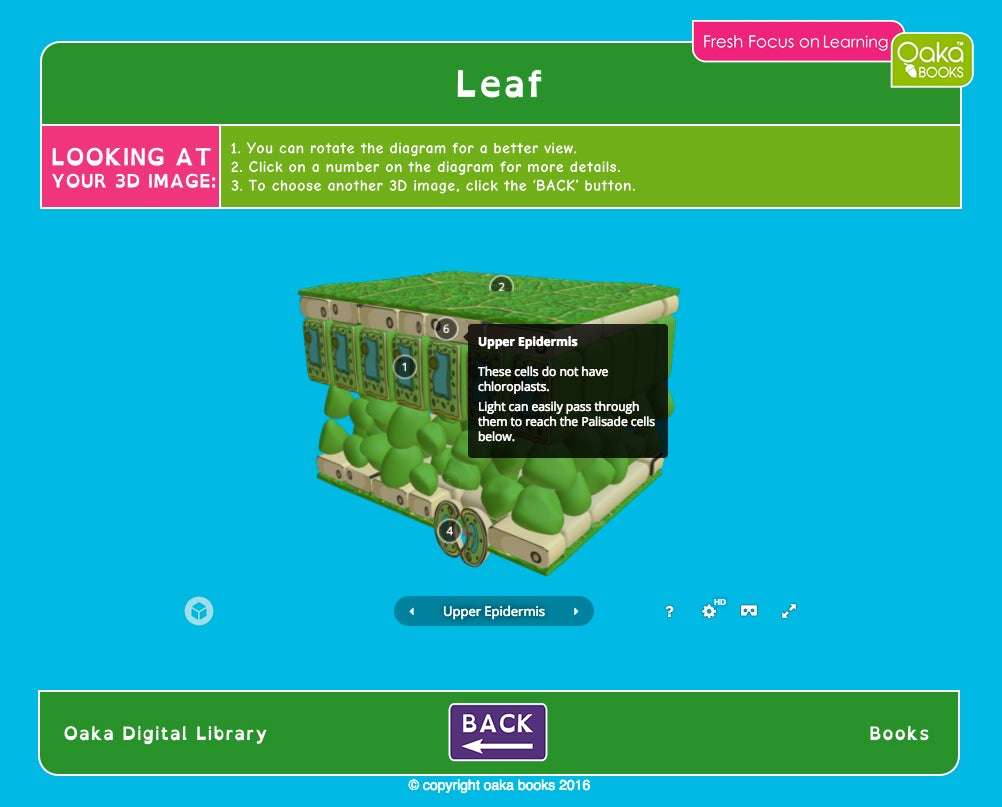Achieving academic success often comes down to adopting certain “success behaviours,” rather than merely relying on innate intelligence. These behaviours form the cornerstone of how top-performing pupils approach their educational journey. It’s a strategy that can benefit all pupils, not just those who already excel. In fact, encouraging behavioural change is one of the most…
Many educational experts discuss two prevalent attitudes towards learning: fixed and growth mindsets. Let’s discuss those here in broad terms. Fixed Mindset: Some pupils feel that their abilities have certain limits, and that’s just how it is. These pupils may: Worry that they aren’t ‘smart enough’ to achieve specific goals. Avoid challenges because they don’t…
Embarking on your exam preparation journey might seem akin to climbing Mount Everest – a formidable feat requiring meticulous planning and execution. Whether you’re a pupil, a teacher, or a home educator, the roadmap to success remains constant. First and foremost, get hold of the specifications for your exam. Google your exam board to locate…
Videos: BDA. (2018, April). Dyslexia Teaching Points: Multi-sensory techniques for science. Retrieved from YouTube: https://www.youtube.com/watch?v=bIzZzbrlK9c Oaka. (2018, October). Oaka Books & Dr Susie Nyman ‘What is Multi-sensory Learning?’. Retrieved from You Tube: https://www.youtube.com/watch?v=0r5i4c7OLDk Books Eastap, L. et al. (2018). Dyslexia Friendly Schools Good Practice Guide – 2nd Edition. British Dyslexia Association. https://www.bdadyslexia.org.uk/shop/books/dyslexia-friendly-schools-good-practice-guide-2nd-edition Nyman, S. (2019). The Multi-sensory…
The transition from one school to another will always be a big deal for our neurodivergent children. The move from primary to secondary is huge. Usually, we know quite early on where they are going, we can find out the curriculum and we understand what our child’s personal issues may be. So, as Professor Amanda…
How often have you been on a course or watching a presentation and remembered everything you were told? Most likely, never. That’s because of the Ebbinghaus Forgetting Curve. Professor Hermann Ebbinghaus was a German psychologist who pioneered the development of experimental methods for the measurement of rote learning and memory. Basically, he studied the speed at…
Understanding how to put together assignments in a clear concise way is another important skill for all pupils, whether they are dyslexic or not. Our struggling children, in particular, often find a blank sheet of paper incredibly off putting and stressful. They take so long to even start that they run behind and regularly don’t…
Does your child blindly jot down notes from a lesson? How many of them never refer back to those notes until revision time, only to discover they don’t make sense? We have all done it. The problem is that when we actually need the information, when we need to try to move that information to…
There are very few pupils who simply sail along and get top grades with little work. They might manage it for a while but, once you get to GCSEs and above, it is hard work and persistence that wins out. Intelligence (whatever that may be) is not the be all and end all; there are…
Do you like what you see in the mirror? We can all have help from other people to assist us in achieving our goals. But, ultimately, the person most interested in how we get on and most in control of our destiny is us. Encourage your child to look in the mirror to look at…




